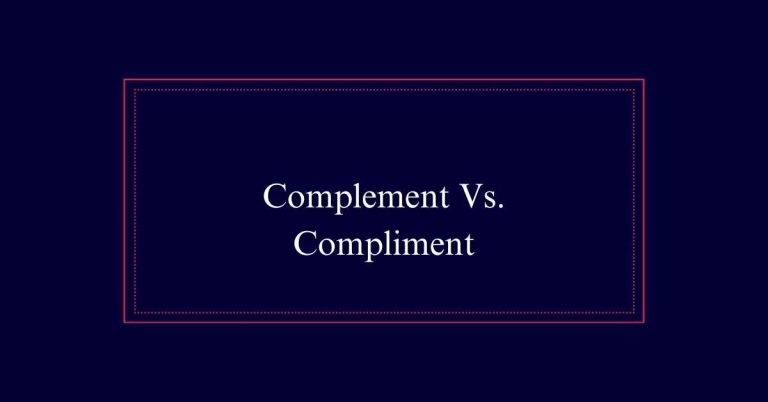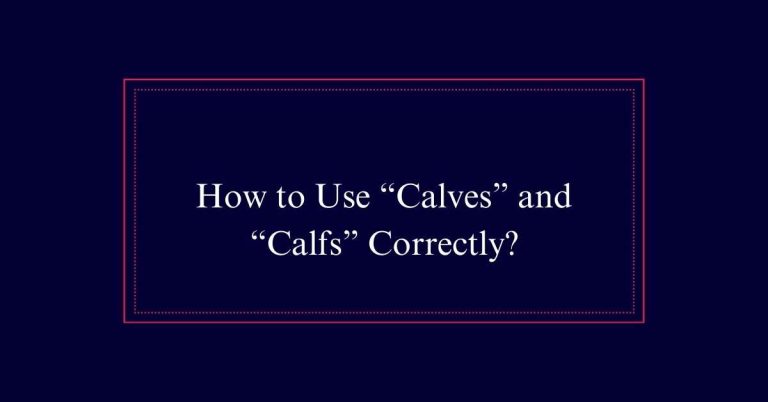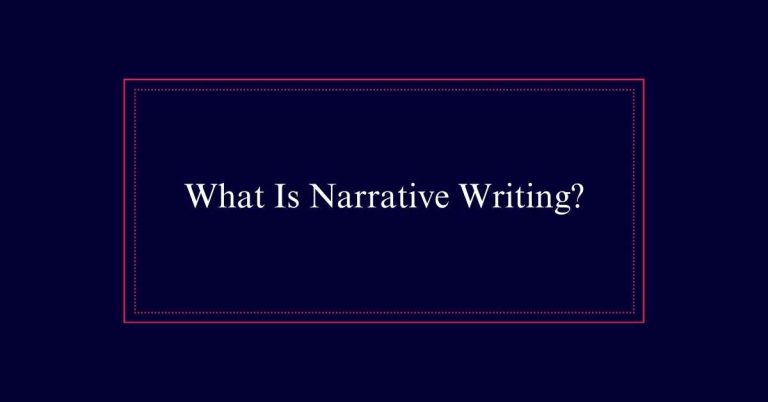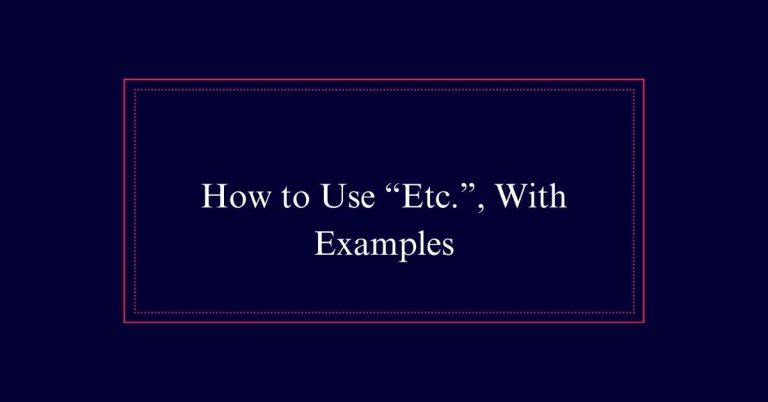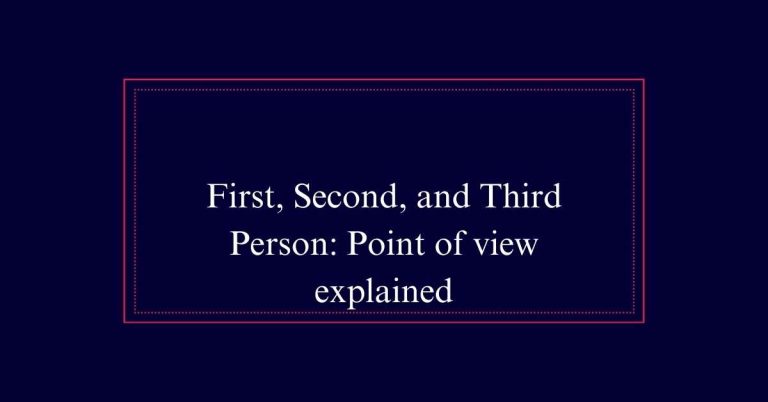Verklempt Meaning
Verklempt is a Yiddish word meaning overwhelmed by emotion, often to the point of speechlessness. It combines feelings of deep sentiment to where one’s voice may falter or tears might form.
Common during emotionally charged moments like weddings or heartfelt farewells, verklempt captures the essence of being deeply moved. Signs include faltering speech, watery eyes, and tense expressions. Alternative spellings like “ferklempt” exist due to its Yiddish roots.
Definition of Verklempt
Verklempt is a Yiddish word that means being overwhelmed by emotion. Its origin lies in the Yiddish language, which has contributed many expressive terms to English.
Verklempt describes a state where emotions are so strong that they affect physical and verbal responses. People may find themselves verklempt during poignant moments like weddings, farewells, or even while watching a touching movie. The term captures the essence of being deeply moved to the point of near speechlessness.
It is pronounced as fur-klempt, reflecting its Yiddish roots. Using verklempt in conversation can vividly convey an intense emotional experience, making it a valuable addition to one’s vocabulary.
Signs of Being Verklempt
Recognizing when someone is overwhelmed by emotion involves noticing several key signs. A person who is verklempt may struggle to speak, as their voice may falter or break. Often, they will choke back tears, displaying visible effort to control their emotions.
Physical manifestations include tense facial expressions and clenched fists, indicating internal strain. Their eyes may become watery or reddened from holding back tears. Additionally, they might exhibit nervous movements, like fidgeting or shifting their weight.
These signs collectively indicate a person is deeply affected by emotions, whether due to happiness, sadness, or nostalgia.
Verklempt in Everyday Language
In everyday conversations, the term verklempt is often used to describe a state of being emotionally overwhelmed. This Yiddish word has found its way into English, enriching our ability to express deep emotions.
Common scenarios where people might feel verklempt include:
- Watching a heartfelt movie: Tearful eyes and a lump in the throat.
- Hearing a touching story: Struggling to speak and maintaining composure.
- Experiencing a significant life event: Physical tension and choking back tears.
- Recalling fond memories: Emotional waves that make speech difficult.
Sentence Examples
To illustrate how verklempt is used in everyday speech, consider these examples.
A mother might say, ‘Forgive me if I seem a little verklempt today,’ after an emotional event like dropping off her kids at school.
At a public event, a speaker could remark, ‘I’m getting all verklempt just thinking about it,’ indicating a strong emotional response.
In casual conversation, someone might observe, ‘She looks very verklempt,’ noting visible signs of emotional overwhelm.
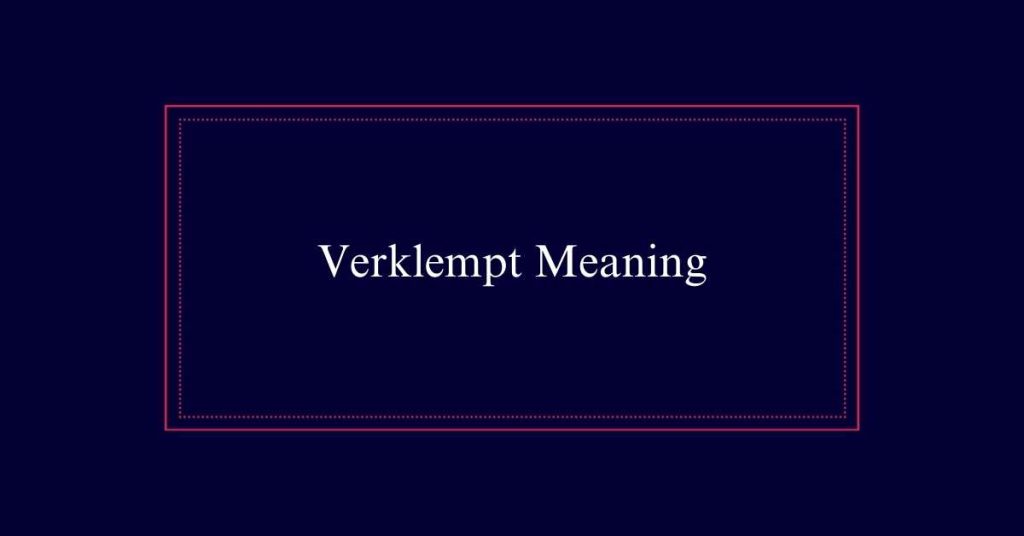
Alternative Spellings
Alternative spellings of verklempt, such as ‘ferklempt’ or ‘farklemt,’ reflect its Yiddish origins. These variations arise because Yiddish words often have multiple transliterations when adapted to the Latin alphabet. Each spelling aims to capture the authentic pronunciation and essence of the original term.
Here are some common alternative spellings:
- Ferklempt: A frequently seen variant that maintains the phonetic essence.
- Farklemt: Another variation that simplifies the sound.
- Ferklemt: Combines elements from both ‘ferklempt’ and ‘farklemt.’
- Fahklempt: Less common, it still conveys the same emotional intensity.
Pronunciation Guide
Understanding the alternative spellings helps in grasping the pronunciation of the word ‘verklempt.’ The word, primarily spelled as ‘verklempt,’ can also appear as ‘ferklempt’ or ‘farklemt.’ This reflects its Yiddish roots. The pronunciation is typically rendered as ‘fur-klempt.’
Here is a simple guide to pronunciation:
| Spelling | Pronunciation | Phonetic |
|---|---|---|
| verklempt | fur-klempt | /fərˈklɛmpt/ |
| ferklempt | fur-klempt | /fərˈklɛmpt/ |
| farklemt | far-klemt | /fɑrˈklɛmpt/ |
Yiddish Origin
Yiddish, a High German-derived language historically spoken by Ashkenazi Jews, frequently contributes unique words like ‘verklempt’ to English. Yiddish emerged in the 9th century and blends Hebrew, German, and Slavic languages. Its rich cultural context adds depth to borrowed terms.
Here’s how Yiddish words like ‘verklempt’ influence English:
- Emotional Expression: Words such as ‘verklempt’ convey nuanced feelings.
- Cultural Insight: These words offer glimpses into Jewish traditions and experiences.
- Linguistic Enrichment: Borrowed terms enrich English, adding layers of meaning.
- Everyday Use: Many Yiddish words become part of daily English conversation.
Learning Yiddish Words
Have you ever wondered how learning Yiddish words can enrich your English vocabulary? Yiddish, a historic language spoken by Ashkenazi Jews, offers many expressive terms.
Words like ‘verklempt’ convey nuanced emotions that English sometimes lacks. Learning Yiddish can help you articulate feelings more precisely. It also connects you to a rich cultural heritage.
Including Yiddish words in your speech or writing can make your communication more vivid and relatable. Additionally, understanding these words can improve your comprehension when reading literature or watching media that incorporate Yiddish terms.
Yiddish Influence on English
Yiddish has contributed a wealth of expressive terms to the English language, enriching it with unique words and nuanced meanings. These loanwords offer vivid ways to convey emotions and situations.
For example:
- Schlep: To carry or drag something with difficulty.
- Klutz: A clumsy person.
- Nosh: To snack or eat a light meal.
- Chutzpah: Audacity or nerve.
These terms have seamlessly integrated into everyday English, illustrating how languages influence each other. They add depth and color, often filling gaps where English lacks precise words.
Cultural Significance
Understanding the cultural significance of verklempt requires an appreciation of its roots in Yiddish and its emotional resonance in English-speaking communities. Originally a Yiddish term, verklempt captures a profound emotional state that transcends language barriers. It signifies being overwhelmed by deep feelings, often resulting in tears or speechlessness.
In English, it has been adopted to express moments of intense sentiment, bridging cultural gaps. Its usage in popular media, such as television shows and movies, has further cemented its place in contemporary language. By integrating verklempt into everyday vernacular, speakers acknowledge the rich emotional tapestry it represents.
This blend of linguistic heritage and emotional depth makes verklempt a unique and valuable expression in modern discourse.

